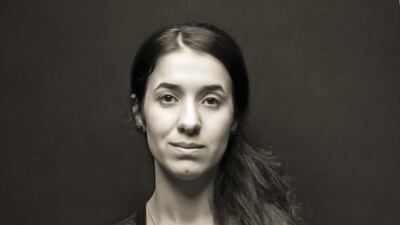Growing up, my brothers were better than me at maths and video games, but I was the bookworm, reading avidly at a precocious age. Then phones came along and sucked my time away.
This year, I tasked myself with completely ignoring my phone at night, and have since read close to 20 books. I feel better for it, too. Here are some of the best so far from my self-imposed 'year of reading'.
The Fortunes by Peter Ho Davies (2016)
This novel charts the history of Chinese-Americans through four characters from 1800s San Francisco to today. A month after reading it, I was given the opportunity to go to San Francisco for work (something I’d never have predicted, perhaps the book called it into being?). Having read it made me look at the city’s Chinatown through more engaged eyes.
Where the Crawdads Sing by Delia Owens (2018)
The “Reese Witherspoon recommends” sticker convinced me to buy this book about a woman who grows up solo in a swamp in North Carolina and gets entangled in a murder case. I’m not usually a fan of crime fiction, but this drew me in thanks to its female-led narrative and the beautiful passages detailing the natural world.
A River Sutra by Gita Mehta (1993)
This book is made up of vignettes all revolving around India’s Narmada River. These include the story of a billionaire who becomes a Jain monk, a tale of a music teacher in grief (this one really affected me – I couldn’t stop thinking about it) and that of a woman seeking her daughter after she’s kidnapped by bandits. Mehta writes like a poet, but in short story form. I loved it.
The Bamboo Stalk by Saud Alsanousi (2012)
This is not one of the best-written books of those I’ve read this year, but I’m adding it to the list because it taught me more about both the Philippines and Kuwait. It tells the tale of a half-Kuwaiti, half-Filipino man, and is set in both countries. It evokes the challenges faced by people who straddle disparate cultures, and I appreciate its frank handling of a Filipino experience in Kuwait.
The Last Girl by Nadia Murad (2017)
I can rarely finish non-fiction books and considered it a kind of character defect. Now I accept that’s just who I am. However, I could not put down this story of the Yazidi people’s horrific treatment by ISIS, told by Nobel Peace Prize-winner Nadia Murad. It speaks of her resilience through pain and taught me a lot about the deep wounds dissecting Iraqi Kurdistan’s Sinjar district.

